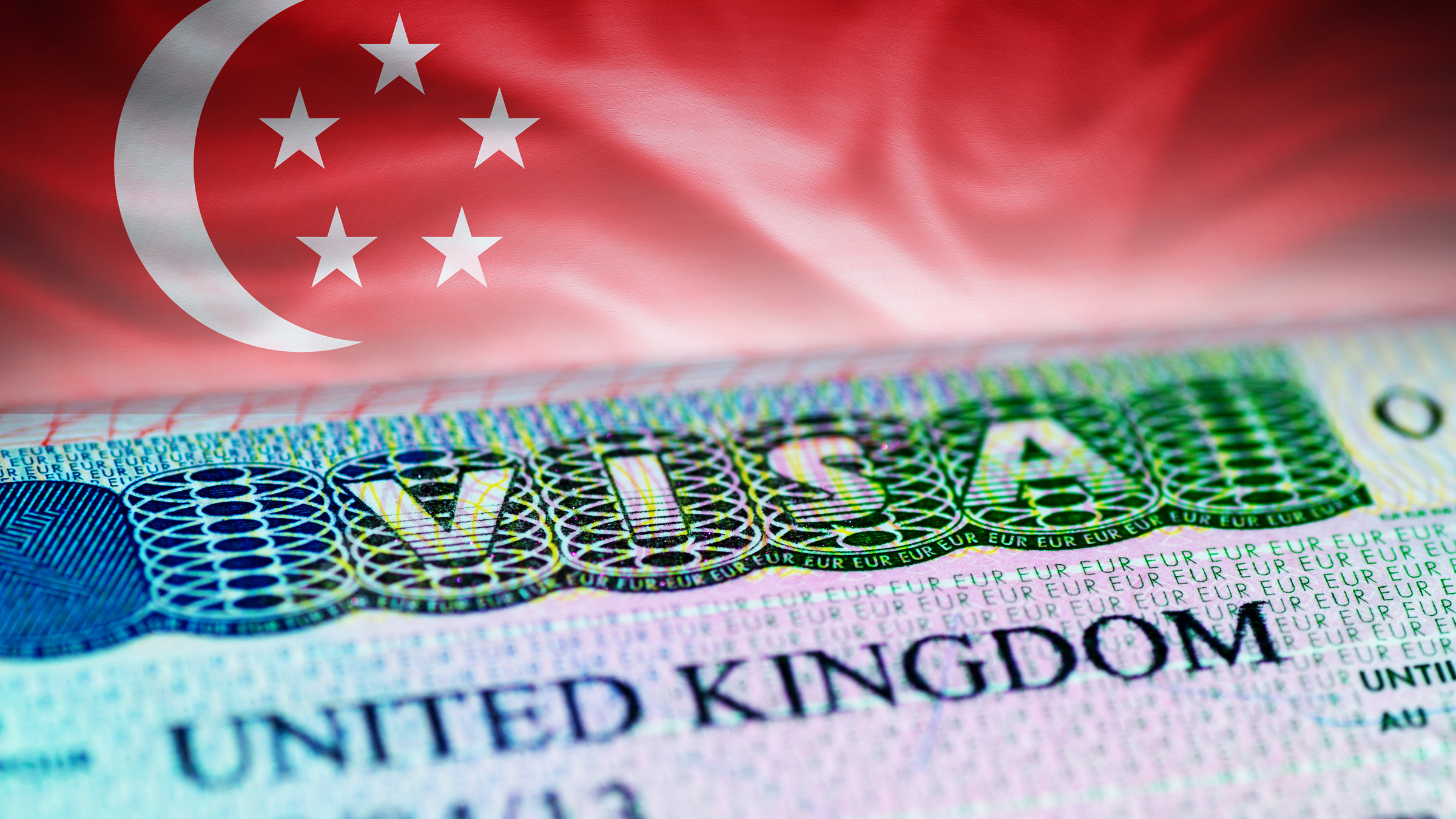Disclaimer: Opinions expressed below belong solely to the author.
Competition for talent in the post-pandemic world is now transcending borders and extends to governments looking to attract the best minds regardless of where they are from.
This is particularly important for Singapore as the country has a limited domestic workforce, rapidly ageing society with fewer children than ever, and yet is a business hub to thousands of companies relying on the best talent in the world.
That’s why any drainage of local minds coming from two domestic, world-class universities — National University of Singapore (NUS) and Nanyang Technological University (NTU) — would be very costly to the nation as a whole.
And with the new “high-potential individual” visa scheme launched by the British government, it might have gotten a little bit more difficult to defend against it.
Under the very liberal program which was launched last month, UK will grant bachelor’s and master’s degree holders a two-year, and PhD graduates a three-year visa, to relocate and work in the country.
The only condition is that candidates must have graduated from one of the list of about 30 to 40 global universities since 2016, published on the British government website (and must be fluent in English, of course).

For Singaporean graduates, the offer is open to all NUS alumni who graduated from 1 November 2016 onwards, and NTU alumni who graduated after 1 November 2019.
To make the deal even sweeter, they will be able to relocate with their families (spouses or unmarried partners, and children), provided that they can secure a minimum amount in maintenance funding for the first month (depending on the number of people) and a healthcare surcharge for every year of residence.
Having a job offer before application is not required. The whole process appears to be very straightforward, and there are no caps or quota on the number of applicants. London is pretty much welcoming every bright mind that can contribute to its economy.
A welcome challenge to Singapore
The list consists of universities from the US, China, Japan, Australia and a few other countries — but it is, arguably, the most painful thorn in the side for tiny Singapore, particularly as it is already facing labour shortages, which is no small matter for a city-state dependent on foreign investment (who is going to invest if there are no people they can employ?).
It seems that we should not celebrate any attempts by other countries to poach the best and brightest from local shores, but competition tends to force people to reevaluate their antiquated views.
Just three years ago, the Ministry of Education (MOE) came under attack after revealing its S$238 million spending (out of an education budget of S$13 billion) on foreign students through scholarships, among others.
Populists quickly seized the opportunity to lambaste the authorities for subsidising foreigners when, if anything, the argument should be that they should be spending a lot more.
No country can thrive in isolation, but it is 10 times more serious for a tiny city-state that takes pride in being a global business and trade nexus.

One can hope that the British challenge of an open door policy to anybody with a qualifying degree to come and work for Britain instead of Singapore (or US, Switzerland, China, Japan etc) will snap some people back to attention and reverses the dangerous trends of vilification of foreign talent in Singapore, which has already led to barely sustainable tightening on foreign hiring.
Fortunately, Singapore is not a totalitarian state. Nobody is going to confiscate passports and bar young graduates from migrating to Britain, so the best response would be… to offer something similar.
Throw the doors open, engage in international competition and see who ends up attracting more good people. After all, Singapore has many advantages — it’s safe, offers low taxation, no corruption or bureaucracy to speak of, it’s clean, green with great food and very diverse culture. It’s a travel hub in a beautiful part of the world offering dozens of exotic destinations in your free time.
Would the number of Singaporeans willing to trade the green paradise for rainy Britain going to be larger than migration in the opposite direction? Why not accept the challenge and see?
If someone wants to poach talent from here, let’s poach some back and see who benefits the most in the end. Since Singapore’s success was built on outcompeting everybody else, I’m sure it stands to win in this competition as well.
Featured Image Credit: Depositphotos








